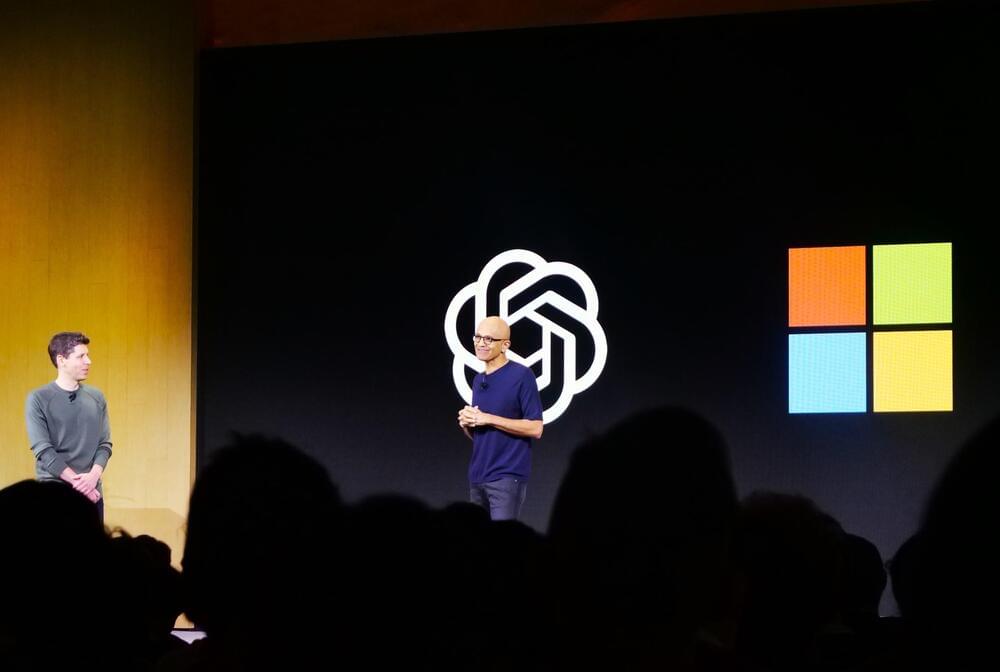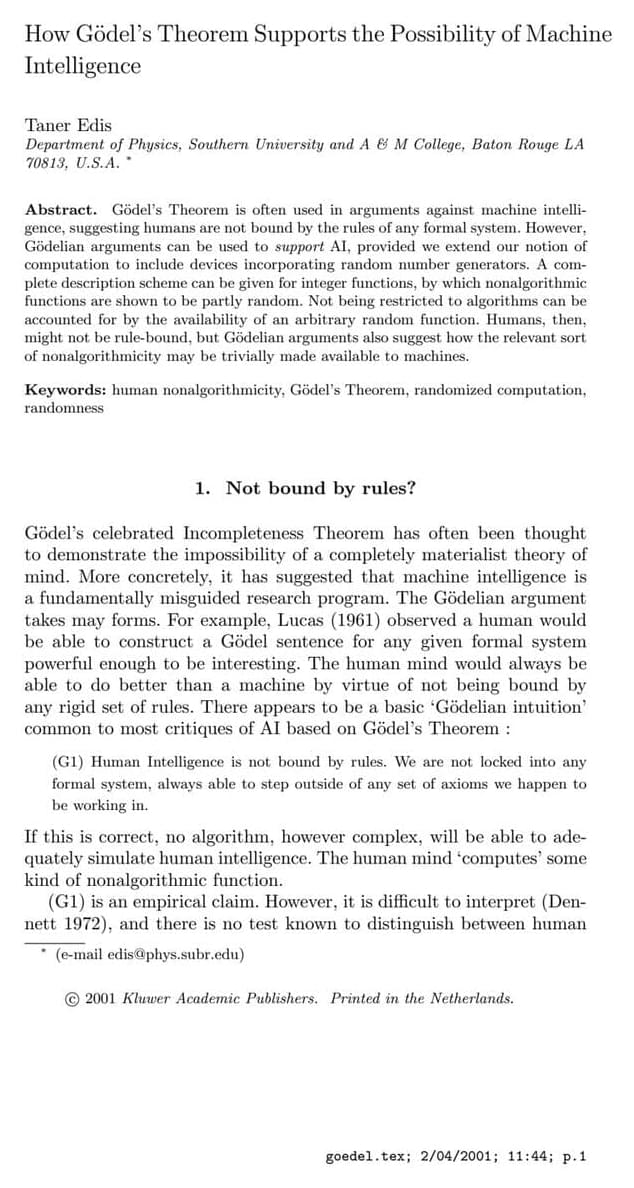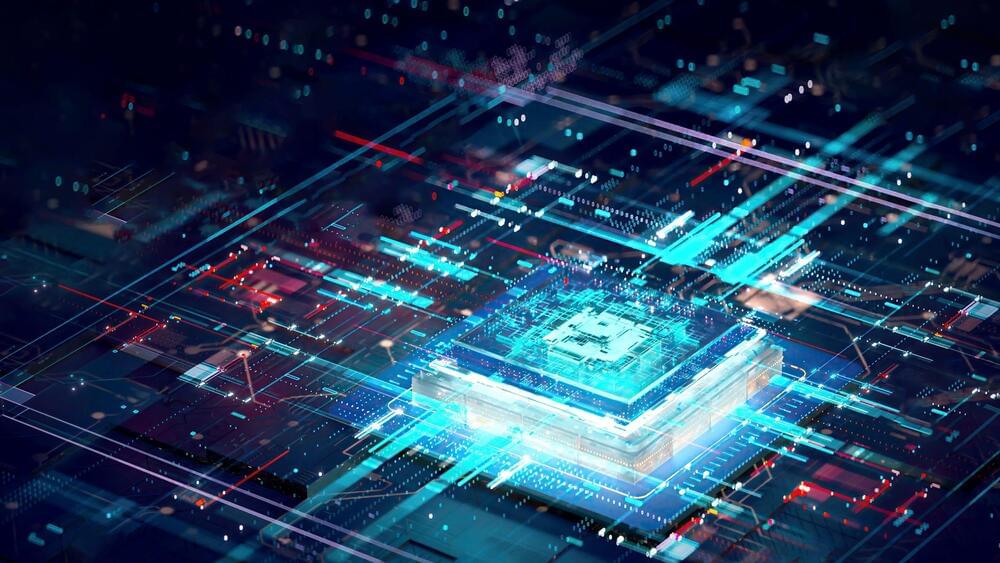Buckle up, because we’re entering the era of thinking machines that make humans look like chattering chimps! But don’t worry about polishing your resume to impress our future robot overlords just yet. The experts are wildly divided on when superintelligent AI will actually arrive. It’s like we’re staring at an AI time machine without knowing if it will teleport us to 2 years from now or 2 decades into the future!
In one corner, we have Mustafa Suleyman from Inflection AI. He says take a chill pill, we’ve got at least 10–20 more years before the AI apocalypse. But hang on…his company just whipped up the world’s 2nd biggest AI supercomputer! It’s cruising with 3X the horsepower of GPT-4, the chatbot with reading skills rivaling a university professor. So something tells me Suleyman’s timeline is slower than your grandma driving without her glasses.
Meanwhile, OpenAI is broadcasting a very different arrival time. They believe superintelligence could show up within just 4 years! To get ready, they’ve launched an AI safety SWAT team, led by brainiacs like Ilya Sutskever. They’re funneling millions into this initiative with a strict 2027 deadline. Why so urgent? Well, they say superintelligence could either catapult humanity into a sci-fi future utopia, or permanently reduce us to drooling toddlers. Not great options there.







